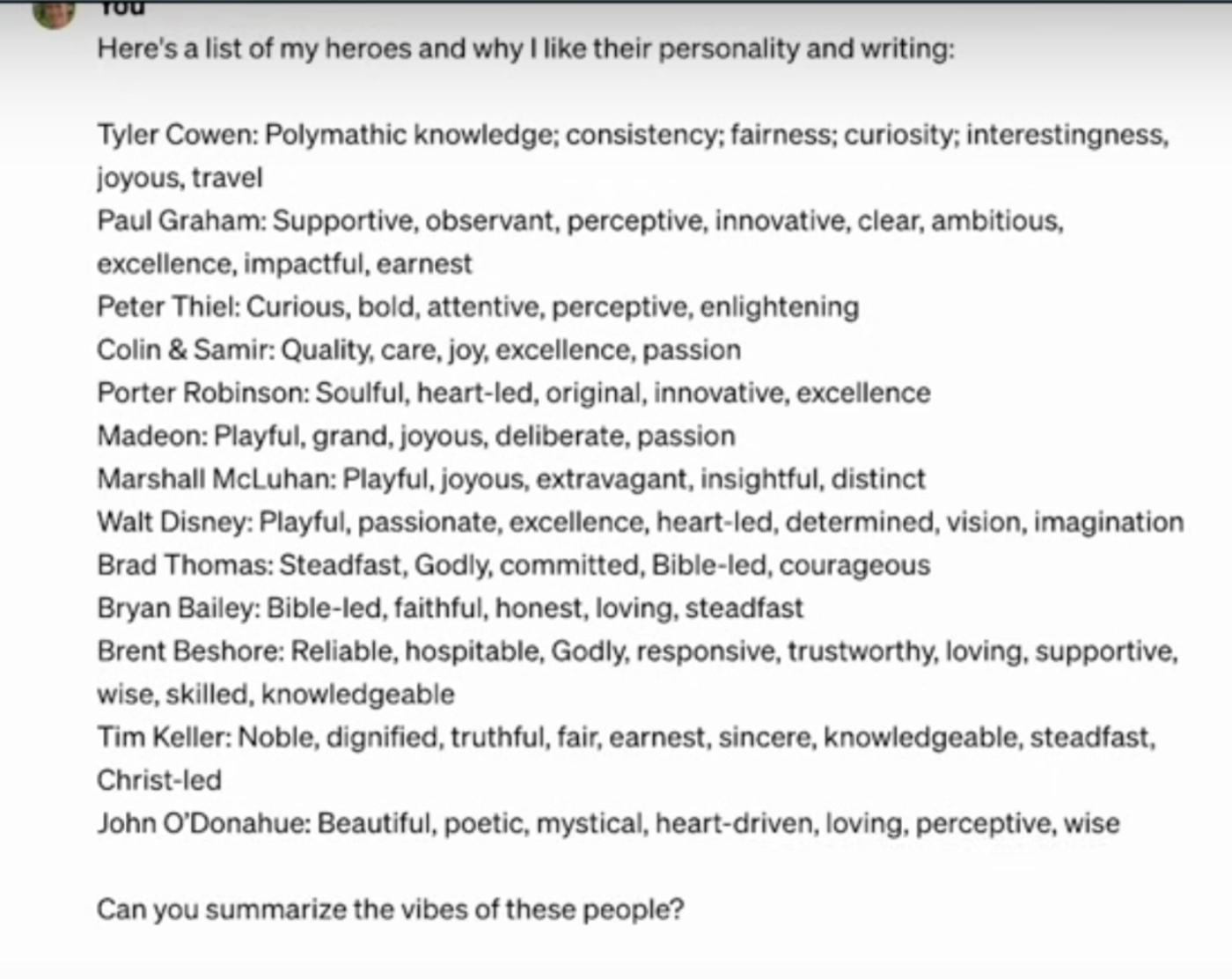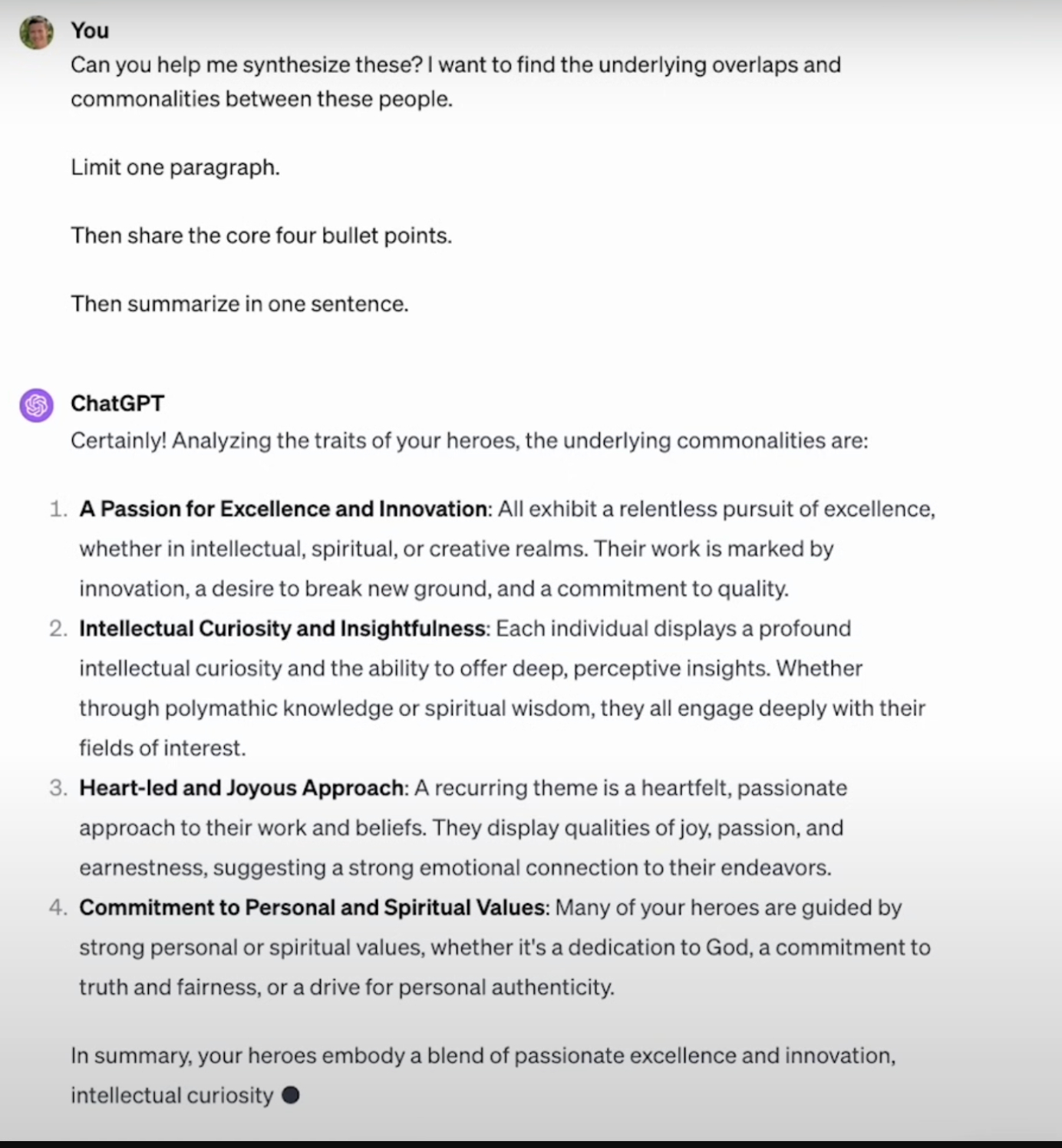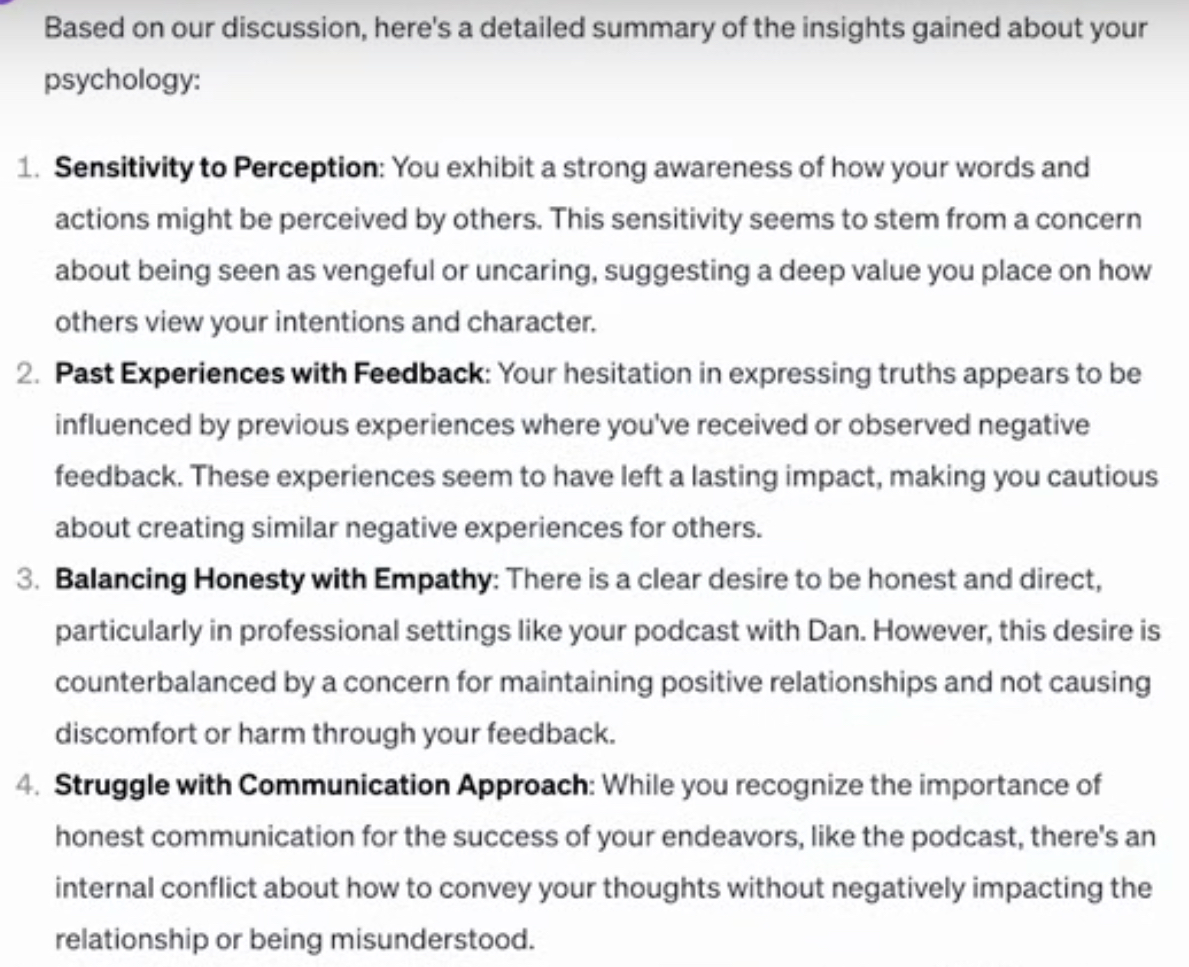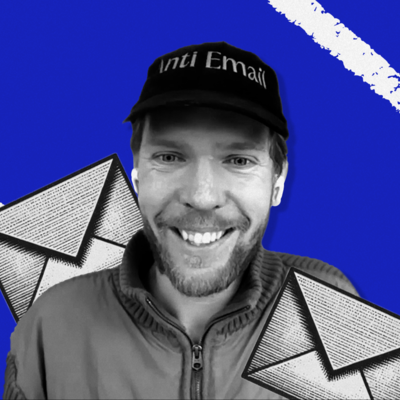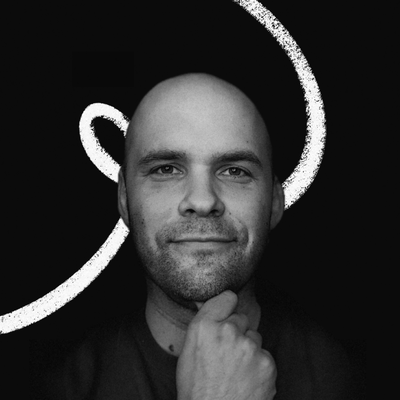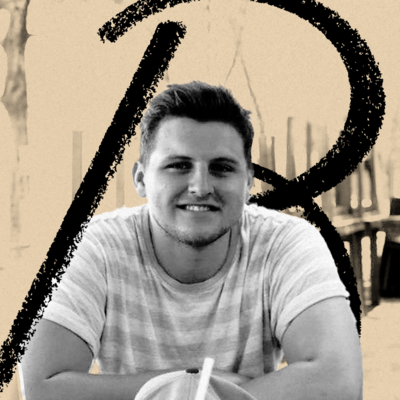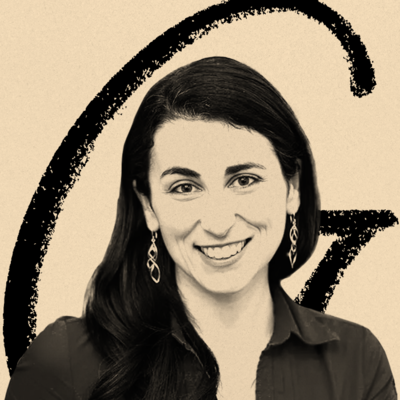
How David Perell Uses ChatGPT as a Creative Partner
Using AI for self-discovery and making great work
Most of us are busy telling ChatGPT what to do. David Perell, however, is more focused on listening. He has his ear to the ground—and when it quivers, he responds.
Perell, you see, does not use ChatGPT to create. He creates alongside ChatGPT. Perell believes that humans aren’t good at making things from scratch. Our true genius, he thinks, lies in the art of the response.
Perell is one of the best-known internet writers of his generation. He’s amassed almost a half million followers on X, hosts the popular How I Write podcast, and founded Write of Passage, which has taught thousands of students how to write on the internet.
When I last interviewed Perell two years ago, we deconstructed his writing process, from random Evernote musing to polished essay. He told me that he writes from conversation. His essays were responses to his interactions with the people around him—real, warm-blooded humans who he trusted to challenge his beliefs and push him forward.
After the dawn of ChatGPT, Perell has unearthed a new gold mine of stimuli, a tireless sparring partner birthed by technology. Conversations with ChatGPT prompt his mind, often leading him down the unexpected, winding paths of the creative process.
Perell is on a mission to understand himself better and use it in his work. Nearly a month ago, on a chilly December morning, I stepped into a recording studio in Williamsburg to witness this in action. In an insightful interview, we used ChatGPT to go deep into his psyche and discover how it makes him a better writer and builder. We also delve into the meaning underlying old books, unpack business strategy, and co-write an article live with ChatGPT as our sparring partner.
These are edited excerpts of my interview with Perell. Let’s dive in.
David Perell introduces himself
I am David Perell, and I’m a writer, podcast host, and creator of a writing school called Write of Passage.
My number one value is the pursuit of excellence. I am drawn to being the best in the world at whatever I do. This obsession shapes who I am.
A core way I spend my time is in the company of people who are world-class in their fields, passionate people who are consistently driven to excel. A common thread I’ve noticed among them is a sense that they’re doing what they were made to do. There is a joyous fluidity, a supple graciousness to their efforts.
Do you know what I mean?
Think about the last time you spent time with a drummer. You’re just hanging out on a Saturday night and they're sitting on the couch, tapping their fingers, just making beats. Almost like they’re compelled to do it.
Compulsion. I think about that word a lot. I believe that all of us, carelessly walking about planet earth, are intrinsically compelled to do something. It’s in our nature, in the shape of our soul. To excel, to truly be the best, I think it’s crucial to spend time thinking about what that is. Because if you do something other than that, you’re not just fighting against your true nature, but you’re also competing with someone who is, in fact, truly built to do it. A Sisyphean endeavor if there was one.
I believe that the path to excellence is aligning what you do with who you are. Lean in, or better still, dive in, headfirst.
The first step is to look inward and think deeply about who you are and what you’re made to do.
Using ChatGPT to find and understand your heroes
One way to draw out the contours of your true nature is by scrutinizing what you’re aspiring toward.
We all have people in our lives that we aspire to be like. Our heroes, if you will. We are irresistibly drawn to them, but more often than not, we don’t know why. Or we’ve never been able to clearly articulate it.
ChatGPT, it turns out, is great at distilling amorphous feelings into words.
Over the last many months, I’ve been building a list of my heroes. It’s a list of 13 people who I look up to, along with random adjectives describing what I admire about each of them. The first name on there: “Tyler Cowen: Polymathic knowledge, consistency, fairness, curiosity, interestingness, joyous, travel.”
I input the description into ChatGPT and asked it to summarize their “vibes.” It came up with neat one-liners that tried to capture what made these individuals stand out to me. Something like this: “Tyler Cowen: A polymath with a boundless curiosity and a fair–minded approach. He embodies joy in learning and a love for travel, consistently offering interesting perspectives.”
All screenshots courtesy of How Do You Use ChatGPT?With 13 names and their correlating details on the page, ChatGPT had a bunch of receptors to draw from. I asked it to synthesize the key overlaps between my heroes. I resonated with all the characteristics it came up with. In fact, one of them, a “balance of joyfulness and seriousness,” was something I hadn’t quite put into words before. I am a joyous person, but I’m also extremely serious about my craft. I deeply appreciate being able to articulate this.
This brings me to something I’ve been able to articulate in the past, but have never truly explored the depths of: my core weakness.Learning from your core weaknesses
I can trace all the problems in my life back to one core weakness: There is a truth that I know, but I’m reluctant to express that truth because I’m worried about how it will make me look.
This is my hamartia [fatal flaw], and I had ChatGPT conduct a motivational interview on me to unpack it. Of course, I had to remind it to ask me just one question at a time, because it has an uncanny tendency to churn out 10 otherwise. We were just two questions in when ChatGPT got pretty real. It asked me to recount a specific instance where I wanted to express the truth but felt restricted from doing so.
One of the last times I felt this way, interestingly, had to do with Dan. We had penciled in a date when we were going to record the podcast. Shortly before it, Dan abruptly sent me a big, information-dense document to parse through. I hadn’t factored that work into my week, and I had to cancel. I didn’t tell Dan why. When I did get around to working through the document, I realized that I couldn’t access the Notion that Dan had sent me. So I had to text him about it.
I wanted to tell him that if he wanted to host a great podcast with busy guests, there couldn’t be too much prep work. If there was any, it would need to be easy for the guest. Even though I had articulated the thought and believed it to be true, I didn’t share it with my friend Dan. If it wasn’t for ChatGPT, I likely wouldn’t have.
I asked ChatGPT to summarize everything it had learned about my psychology through the motivational interview, reminding it to be as detailed and specific as possible. I thought what it deduced was very apt.
This is not the only internal conflict ChatGPT has helped me work through.Using ChatGPT for deep textual analysis
Find Out What
Comes Next in Tech.
Start your free trial.
New ideas to help you build the future—in your inbox, every day. Trusted by over 75,000 readers.
SubscribeAlready have an account? Sign in
What's included?
-
Unlimited access to our daily essays by Dan Shipper, Evan Armstrong, and a roster of the best tech writers on the internet
-
Full access to an archive of hundreds of in-depth articles
-
-
Priority access and subscriber-only discounts to courses, events, and more
-
Ad-free experience
-
Access to our Discord community
